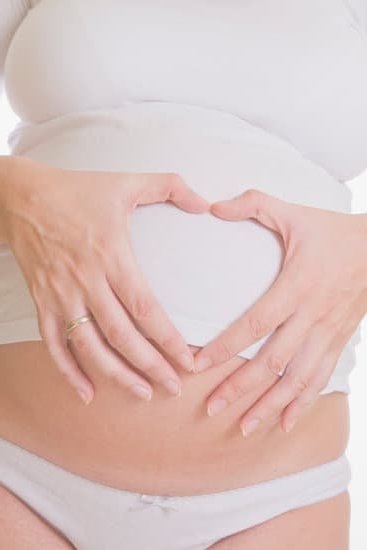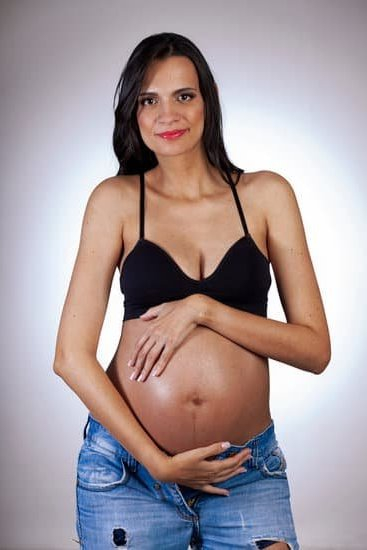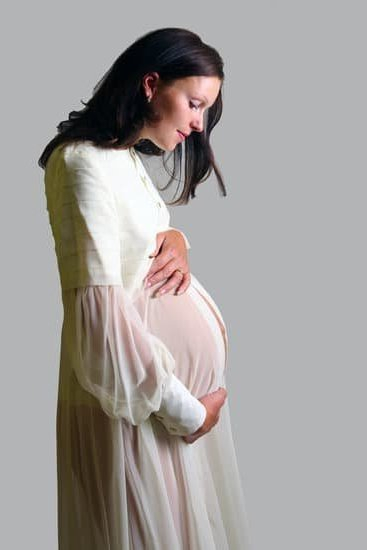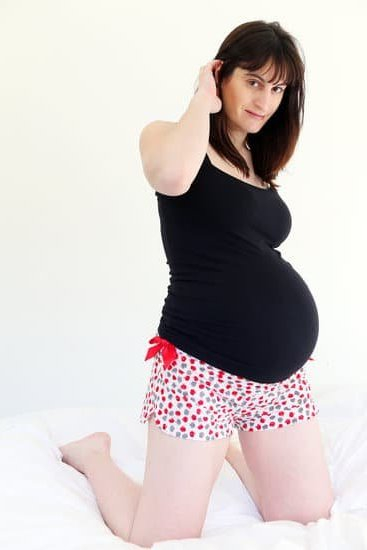Hair Loss in Early Pregnancy
Hair loss is a common symptom experienced by many women during early pregnancy. It can be very distressing and may lead to anxiety and concern. It is important to understand the underlying causes of hair loss during pregnancy in order to properly address any issues.
What causes hair loss during pregnancy?
Hair loss during pregnancy is usually caused by changing hormones. In the first trimester of pregnancy, levels of hormones such as estrogen and progesterone are high, causing many changes in the body. One of those changes is an increase in the production of androgens, which can lead to excessive shedding of hair.
Lifestyle factors to consider
In addition to hormonal changes, lifestyle factors can affect how much hair you experience throughout your pregnancy. Some things to consider include:
- Stress: Stress can play a role in how much hair you lose. Consider incorporating stress-reducing activities into your day such as yoga, mediation, or a short walk.
- Diet: Eating a balanced and healthy diet is important for your overall health, and also for hair health. Make sure to get adequate plant protein and essential fatty acids from foods such as nuts, seeds, avocados, and fatty fish.
- Exercise: Exercise can help to increase circulation, which may help with hair growth. Consider doing gentle exercises such as walking and swimming.
When to seek medical attention
It’s important to remember that hair loss during pregnancy is usually temporary and should resolve itself once your hormones stabilize. If your problems persist, however, it may be a good idea to talk to your healthcare provider.
In rare cases, excessive hair loss during pregnancy can be a sign of an underlying health issue such as anemia or thyroid problems. Your healthcare provider can help to diagnose and treat any underlying conditions.
What can you do if you are losing hair during pregnancy?
There are several things that you can do to help with hair loss during pregnancy:
- Minimize styling: Minimize the use of blow dryers, flat irons, and other heat styling tools to prevent further hair damage.
- Use mild shampoos: Choose mild, sulfate-free shampoos to reduce scalp irritation and hair breakage.
- Scalp massage: Massaging your scalp using your fingertips can help to stimulate hair growth and circulation.
- Dietary supplements: Supplements such as biotin, iron, and zinc can help to support healthy hair growth.
It’s important to remember that hair loss during pregnancy is usually temporary and should resolve itself over time. Talk to your healthcare provider if you have any concerns or questions.

Welcome to my fertility blog. This is a space where I will be sharing my experiences as I navigate through the world of fertility treatments, as well as provide information and resources about fertility and pregnancy.





